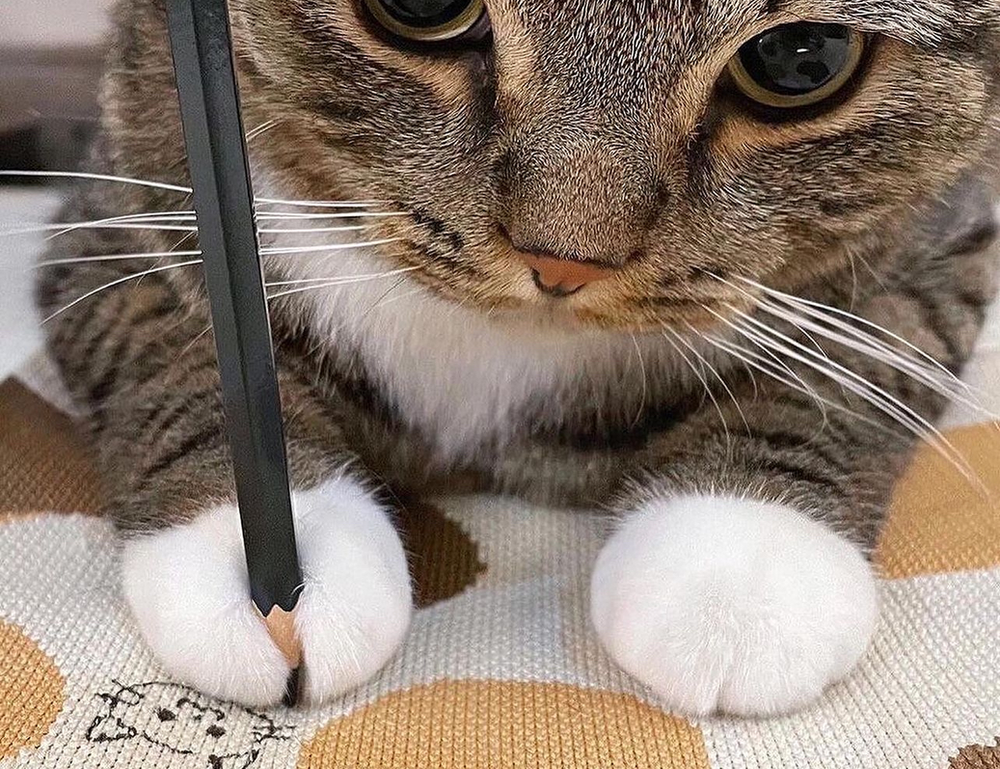Parenting Tips Fpmomhacks: Start Simple, Win Big
Let’s not overcomplicate things. The basics matter because they stack up fast.
Routines Save Sanity: Kids thrive on predictability. A loosebutconsistent morning and bedtime routine cuts down the drama. Wake, dress, eat, brush, go — every morning. It won’t be perfect, just consistent.
Prep Zones: Create grabandgo stations at home — think a shoe bin by the door, snack shelves within reach, or a caddy with diapers/wipes in every room. Less stress. Fewer “Where is that!?” moments.
Food Fixes: Batchcook and freeze goto meals. Stack healthy snacks in clear containers for older kids. You want fuel without the fight; give them smart choices, not openended options.
Sleep First, Everything Else Second: Sleepy kids (and parents) do nothing well. Prioritize naps and quiet time. And yes, if the baby naps, you nap. Dishes can wait.
These small moves make the pace of every day smoother.
Managing Screens Without the Fight
Modern parenting means navigating screens — tablets, phones, laptops. Here’s how to use them without turning your living room into a tech war zone.
Set Boundaries Early: Kids respect boundaries when they’re clear and upheld. Define screen time blocks (e.g., after homework, never during meals) and stick to it.
Use the Lock Feature: Control the media diet. Predownload quality apps or shows. Lock down browsing. You’re not antitech — you’re prointention.
Watch Together: At least at first. It gives you insight into what your kid’s watching and lets you talk about it afterward. Creating this habit sets you up for easier conversations in the teen years.
Model It: If you’re scrolling at dinner, they’ll want to. Use your device consciously. Kids notice.
Screens aren’t the enemy — it’s how we use them that matters.
Discipline that Actually Works
Forget yelling and long “Because I said so!” speeches. Discipline should teach, not punish.
Clear Rules, Clear Consequences: Set 3–5 nonnegotiables. Make sure your kid understands what happens when a rule’s broken — then follow through consistently, without anger.
Stay Calm, Be Firm: Tantrums are tests. When you stay calm and firm, you’re showing your kids that big emotions don’t rattle you — which teaches them not to be rattled either.
Praise the Good, Not Just Correct the Bad: When they clean up without asking or help a sibling, call it out positively. Kids rise when they feel seen.
Timeout Isn’t a Jail Sentence: It’s a reset button, not punishment. Keep it short, explain it clearly, and let the kid come back when they’re ready to play fair.
This isn’t about control — it’s about connection and setting limits they can operate within.
Keep Marriage (or CoParenting) in the Mix
Let’s be honest: Becoming parents shifts the focus hard away from the relationship that started it all.
Check In Weekly: Tenminute conversations at night without screens, just to talk as people — not just as parents.
Tag Team Like Pros: Divide and conquer logistics. One makes dinner while the other plays hide and seek. Switch roles tomorrow. Teamwork prevents burnout.
Disagree Privately: Kids don’t need to see every debate. Figure out your game plan behind closed doors, and present a united front when you come back out.
Maintaining the coparenting relationship, be it romantic or platonic, models stability for your kids and keeps the home environment balanced.
Make Room for Yourself, Too
Parental burnout is real and sneaky. You matter in this equation.
Tiny Escapes Work: Ten minutes of reading. A coffee outside while they draw chalk circles on the patio. Anything that gives you a moment to breathe.
Ask for Help. Seriously. Ask. Whether it’s a Friday night babysitter or a neighbor picking up your grocery order, use your village. You don’t win extra points by struggling solo.
Drop the Guilt: No parent gets it all right. Trying beats perfection. Your mental health trickles down — calm parents raise calm kids.
Selfpreservation isn’t selfish. It’s necessary.
Storage, Schedules, and Sanity: Smart Home Hacks
The daytoday of raising kids demands lean systems — you gotta think like a logistics manager with a soft heart.
Visual Schedules Work Wonders: Especially for toddlers and early readers. Picture checklists for morning, bedtime, or “Get Ready for School” reduce power struggles.
Baskets Are Your Best Friends: One in every room. One for toys, one for lost socks, one for library books. Contain chaos, don’t try to eliminate it.
Declutter Regularly Together: Kids as young as 3 can help sort and donate toys. One in, one out — teach them early.
Label Everything: Bins, drawers, toy boxes. It fosters independence and cuts down on “Mooom, where’s my—?”
The fewer decisions you’re making daily, the more sane you’ll feel.
Final Word: Parenting Takes Practice, Not Perfection
Every day’s a mixed bag — wins, fails, tears, laughs. That’s why it helps to lean on parenting tips fpmomhacks. You don’t need to master every trick. Just pick what works, ditch what doesn’t, and keep going.
Parenting isn’t a performance. It’s a craft you get better at by showing up. Focus on connection more than control. Streamline where you can. And always, always, be a little kinder to yourself than you were yesterday.

 Drevian Xelthorne founded FP Mom Hacks to simplify the chaos of modern parenting. By combining expert advice with practical time-management strategies and healthy meal ideas, Xelthorne empowers moms to navigate family life with confidence. The platform serves as a vital resource for parents seeking both creative activities and genuine support.
Drevian Xelthorne founded FP Mom Hacks to simplify the chaos of modern parenting. By combining expert advice with practical time-management strategies and healthy meal ideas, Xelthorne empowers moms to navigate family life with confidence. The platform serves as a vital resource for parents seeking both creative activities and genuine support.